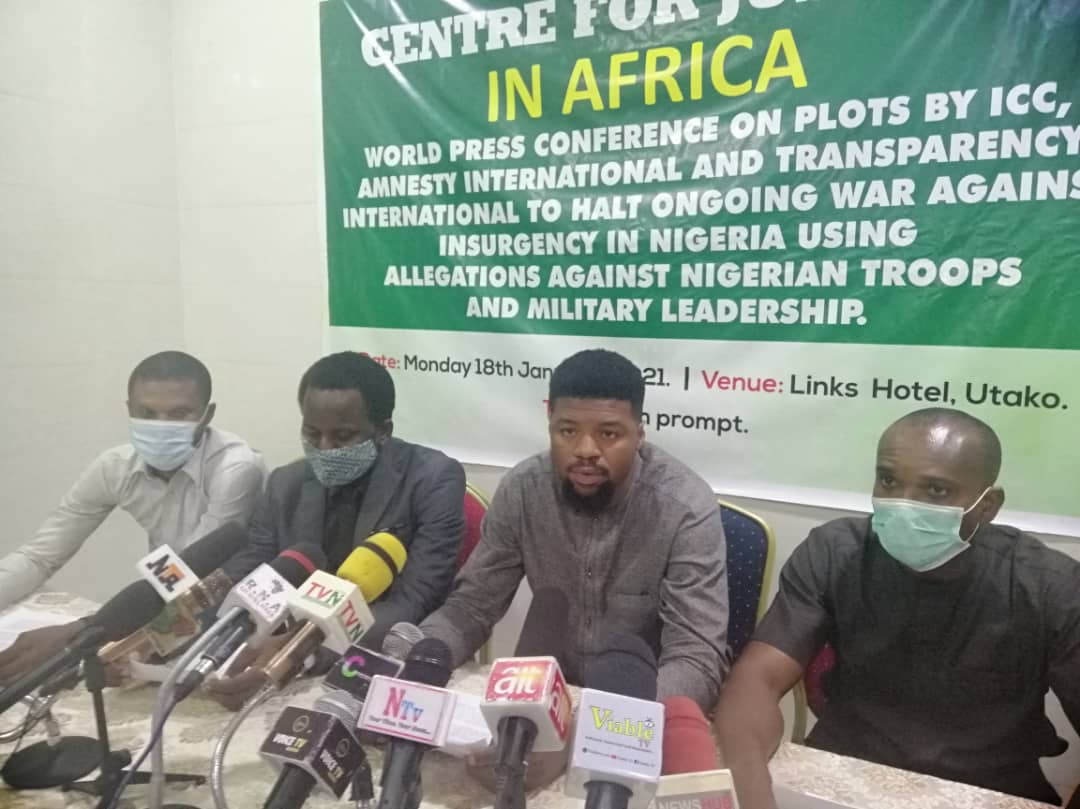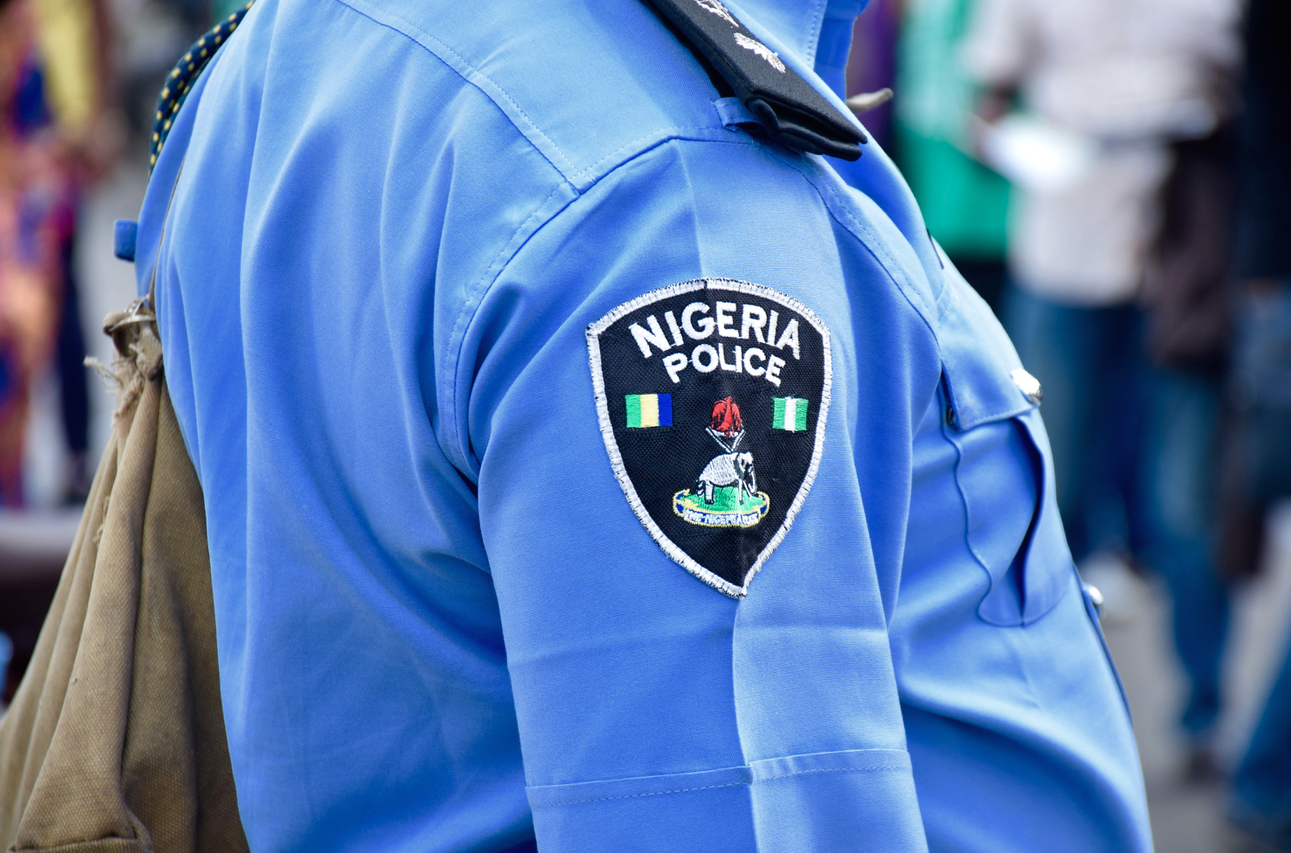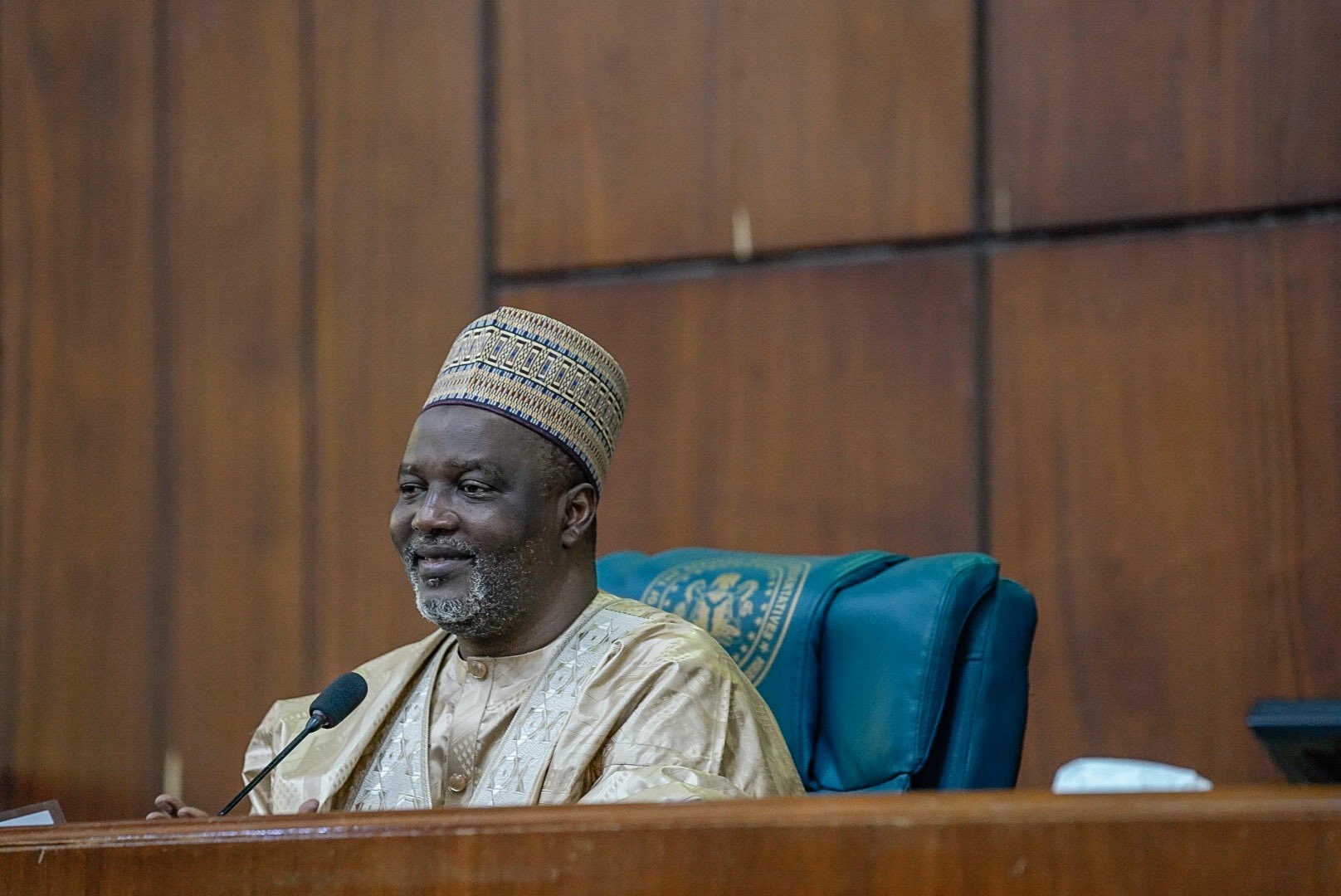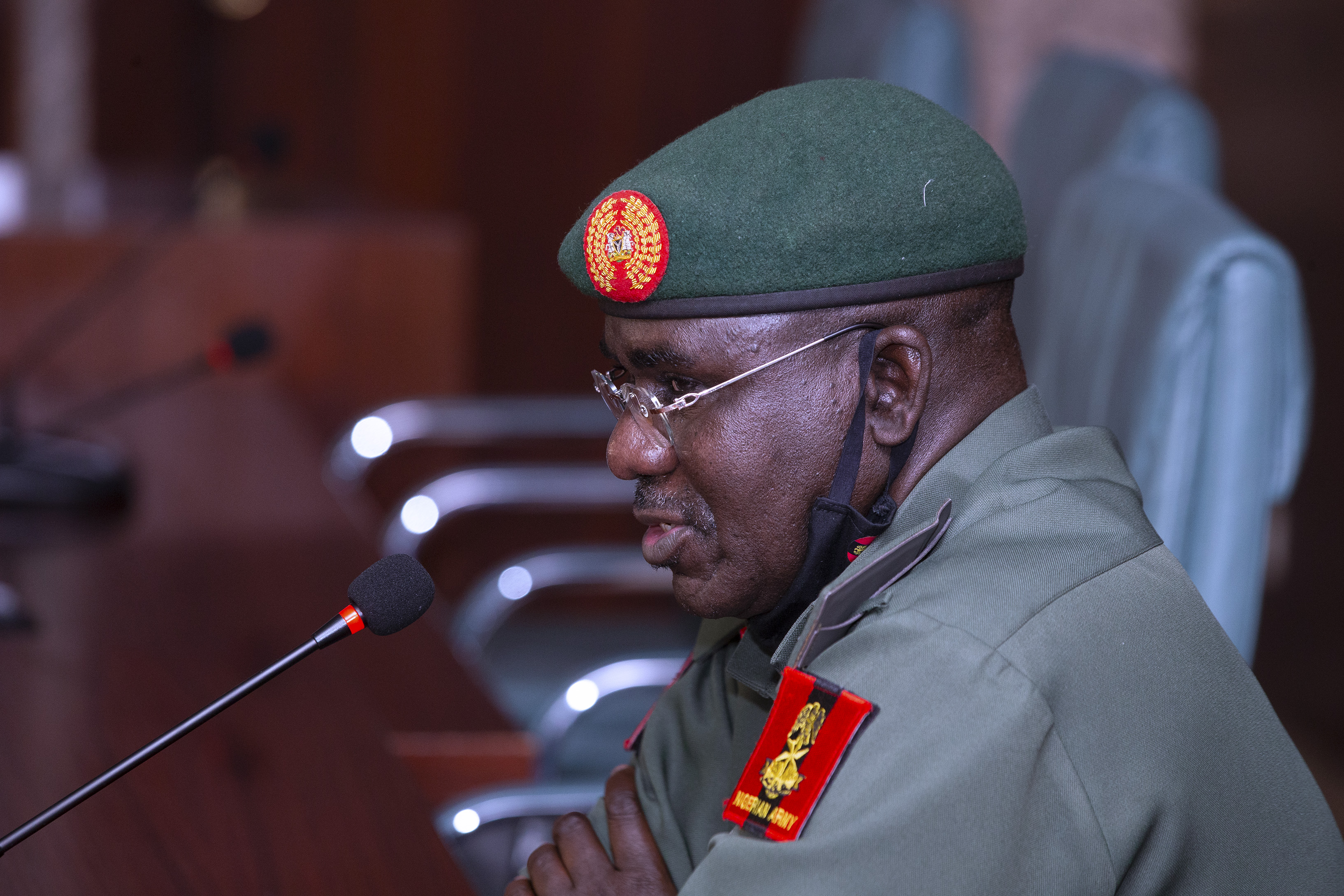A ministerial conference in support of Morocco’s autonomy plan for the Sahara region as a solution to the conflict opposing Morocco to the Polisario Front, a separatist movement backed by Algeria, has been held on Friday 15th of december 2021 at the initiative of the United States and Morocco.
The conference was co-chaired by David Schenker, US assistant secretary of state for Near Eastern affairs, and Nasser Bourita, Moroccan foreign minister.
The conference was the occasion for the United States to recall that the US recognition of Morocco’s sovereignty over its Sahara is a clear statement that the autonomy plan suggested by Morocco in 2007 is the only basis for a just and lasting solution to the conflict.
Schenker, the American high rank diplomat, also called on the international community to back the autonomy plan as “the only credible and realistic basis for negotiations” between parties in conflict.
Advertisement
Representatives of 42 countries, including 27 ministers, expressed their strong support for the Moroccan initiative as the only basis for a just and lasting solution to the Sahara regional dispute.
Speaking at the event, foreign ministers of the UAE, Bahrain, Gambia, Guinea, Gabon, Zambia, Haiti, Guinee, Togo, Guatemala, Antigua and Barbuda firmly backed Morocco’s territorial integrity and to the autonomy plan as the only political solution to the Sahara issue that would contribute to regional peace and stability.
Other countries that attended the conference in support of the autonomy plan as the sole political solution are Comoros, Guinea Bissau, Equatorial Guinea, Malawi, Liberia, Sao Tome and Principe, Benin, Saint Lucia, the Dominican Republic, Barbados, Jamaica, The Maldives, El Salvador, Senegal, Saudi Arabia, Cote d’Ivoire, Djibouti, Eswatini, DRC, Jordan, Oman, France, Egypt, Papua New Guinea, Tonga, Kuwait, Yemen, Central African Republic, Burundi and Burkina Faso.
Advertisement
Most participants praised the Proclamation of the United States of America which reaffirmed support for Morocco’s Autonomy Plan as serious, credible, and realistic and as the only basis for a just and lasting solution to the dispute.
They also underlined that the US presidential proclamation provides guidance and strengthen the international consensus in support of the UN-exclusive political process.
The Kingdom of Bahrain through Abdellatif ben Rashid Al Zayani, its minister of foreign affairs, expressed support to Morocco and noted the wide international support of the sovereignty of Morocco over its Sahara.
The same support for Morocco was clearly expressed during the Gulf Cooperation Council Summit held this year in the city of Al Ula in Saudi Arabia, which brought together all Arabian Gulf Countries.
Advertisement
The United Arab Emirates have also expressed their firm support for the sovereignty of Morocco over its Sahara.
To substantiate this support, the UAE opened a consulate this year in Laayoun (largets city in the Sahaea region).
The UAE also hailed the decision of the United States to under take a similar action and open a consulate in the Moroccan Sahara.
The ministers of foreign affairs of Antigua and Barbuda also expressed support to Morocco by reaffirming that the Autonomy Plan is the only realistic solution to end this regional conflict, and added that the Moroccan solution will bring peace anstability to the whole North African region.
Robert Dussey, minister of foreign affairs of Togo, recalled the position of his country of fully supporting the full sovreignity of Morocco overs its Sahara and supported the US decision on Moroccan Sahara which is favourable for the African countries and for the whole region.
Advertisement
The Gambia has also brought full support to Morocco, Mamadou Tangara, Gambia’s foreign minister, stated that his country is “the first to open a consulate in the Moroccan Sahara”, an act that translates clearly its full support of the Moroccan territorial integrity.
France has expressed its long support to the Autonomy plan as a realistic and serious basis for negotiations under the aegis of the UN.
Advertisement
Participants of the conference also welcomed the development endeavors launched in the region in the framework of Morocco’s “New Development Model for the Southern Provinces.”
The conference also highlighted the decision of 20 countries to open consulates in the cities of Laayoune and Dakhla, considering that such steps will promote economic and business opportunities for the region, strengthen the vocation of the Sahara region as an economic hub for the entire continent and advance progress towards reaching a long-awaited final political solution to this dispute.
Advertisement
All participant countries reiterated their commitment to continue their advocacy for a solution, using the Autonomy Plan as the sole framework for resolving the Sahara regional dispute.
About the Autonomy Initiative:
Advertisement
In response to the UN Security Council calls to the parties in order to end the political deadlock regarding the Sahara issue, Morocco presented on April 11th 2007 the “Moroccan Initiative for Negotiating an Autonomy Status for the Sahara Region” to the UN Secretary-General. This Initiative is the result of a large consultative process led at the national, regional and international levels.
Through this Initiative, Morocco guarantees to the populations of the region to democratically run their affairs through legislative, executive and legal bodies. The populations will be endowed with financial resources in order to contribute to the development of the region in all fields and participate actively in boosting the economy and reviving the cultural and social life, not only in the Sahara region but throughout all Morocco.
Based on compromise, this Initiative is in full conformity with the International Law, the UN Charter and the UN Resolutions of both the General Assembly and the Security Council as well as with the right to self-determination. In fact, the Autonomy Status of the Moroccan Sahara region will be negotiated and submitted to the concerned populations for consultation, as stated in the article 27 of the Moroccan Autonomy Initiative.
The Moroccan Autonomy Initiative has been deemed as “serious and credible” in all 17 resolutions adopted by the Security Council since 2007. As a third way between pure integration and independence, it is the only solution that satisfies the parameters laid out in Security Council resolution 2548 : A realistic, practicable, and enduring political solution that rests on compromise.
Add a comment





